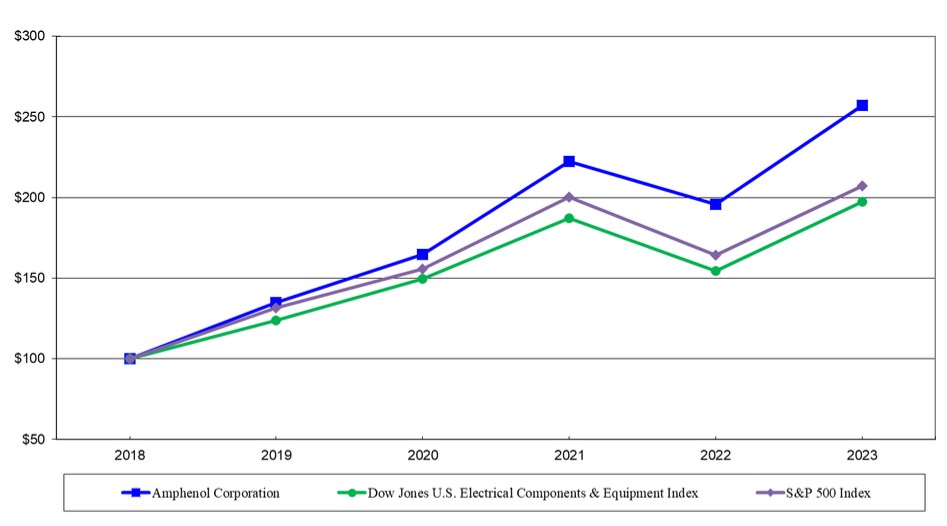third-party business partners. Those partners may also be subject to data intrusion or a cyberattack. Any compromise of the data could substantially disrupt our operations, impact future business opportunities, harm our customers, employees and other business partners, damage our reputation, violate applicable laws, regulations, policies and contractual obligations and subject us to potentially significant costs and liabilities, including litigation or other enforcement actions.
The regulatory environment surrounding information security and privacy is increasingly demanding, with frequent imposition of new and changing requirements. Privacy laws and regulations around the world including, for example, in the European Union (“EU”), People’s Republic of China, the state of California, and several other U.S. states, impose significant obligations for companies on how they collect, store, protect, process and transfer personal information and can impose significant fines for non-compliance. In addition, in March 2022, the U.S. enacted the Strengthening American Cybersecurity Act, which imposes cyber incident and ransomware attack response protocols for businesses operating in numerous core industry sectors of the U.S. economy. The potential for fines, penalties, and other related costs in the event of a breach of or non-compliance with any existing and forthcoming information security or privacy laws and requirements may have an adverse effect on our financial results. For further discussion of the Company’s risk management, strategy, and governance around cybersecurity, refer to Part I, Item 1C. Cybersecurity herein.
The Company may be negatively impacted by extreme weather conditions and natural catastrophic events, including those caused or intensified by climate change and global warming.
From time to time, extreme weather conditions and natural disasters have negatively impacted, and may continue to negatively impact, portions of our operations, as well as the operations of our suppliers, vendors, customers and distributors. Such unpredictable weather conditions and natural disasters including, but not limited to, severe storms, earthquakes, fires, droughts, floods, hurricanes, tornadoes, and stronger and longer-lasting weather patterns, including heat waves and freezes and ambient temperature or precipitation changes, and their consequences and effects have, in the past, temporarily disrupted our business operations both in the United States and abroad. These events could cause some of the Company’s operations to suffer from supply chain disruptions and potential delays in fulfilling customer orders or order cancellations altogether, lost business and sales, increased costs, energy and water scarcity, changing costs or availability of insurance, and/or property damage or harm to our people, each and all of which could have an adverse effect on our business, operations, financial condition and results of operations.
Increasing scrutiny and expectations regarding ESG matters could result in additional costs or risks or otherwise adversely impact our business.
Companies across industries continue to face increasing scrutiny from a variety of stakeholders related to their ESG and sustainability practices. Expectations regarding voluntary and potential mandatory ESG initiatives and disclosures may result in increased costs, changes in demand for certain products, enhanced compliance or disclosure obligations, or other adverse impacts to our business, financial condition or results of operations. In addition, an inability to receive or maintain favorable ESG ratings could negatively impact our reputation or impede our ability to compete as effectively to attract and retain employees or customers, which may adversely impact our operations. Unfavorable ESG ratings could also lead to increased negative investor sentiment towards us or our industry, which could negatively impact the share price of our Common Stock as well as our access to and cost of capital.
Our international operations require us to comply with anti-corruption laws and regulations of the U.S. government and various foreign jurisdictions, and our business reputation and financial results may be impaired by improper conduct by any of our employees, customers, suppliers, distributors or any other business partners.
Doing business on a worldwide basis requires us and our subsidiaries to comply with the laws and regulations of the U.S. government and various foreign jurisdictions, and our failure to comply with these rules and regulations may expose us to significant liabilities. These laws and regulations may apply to companies, individual directors, officers, employees, subcontractors and agents, and may restrict our operations, trade practices, investment decisions and partnering activities. In particular, our international operations are subject to U.S. and foreign anti-corruption laws and regulations, such as the Foreign Corrupt Practices Act of 1977, as amended (“FCPA”). As part of our business, we deal with state-owned business enterprises, the employees and representatives of which may be considered foreign officials for purposes of the FCPA. In addition, some of the foreign locations in which we operate lack a developed legal system and have elevated levels of corruption. As a result of the above activities, we are exposed to the risk of violating U.S. and foreign anti-corruption laws.

